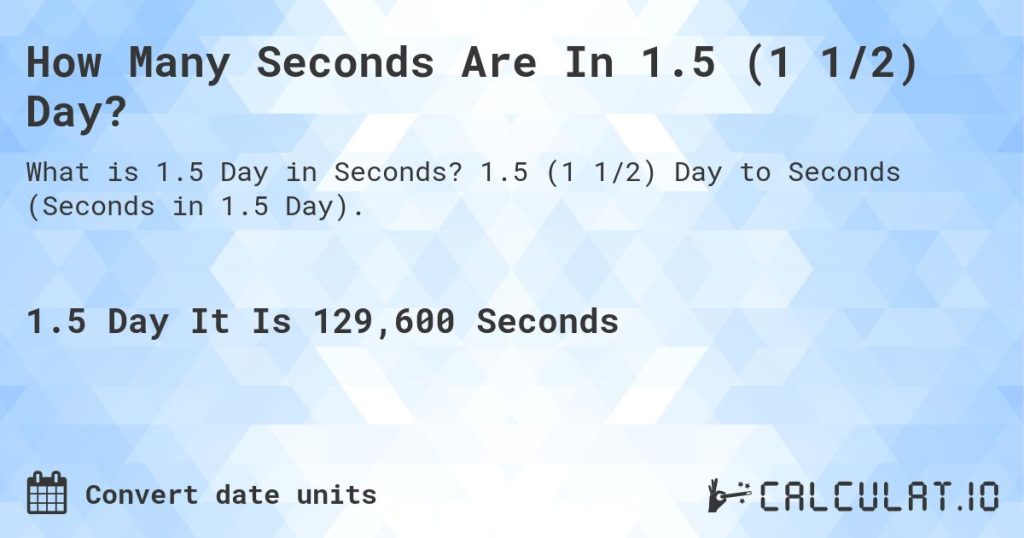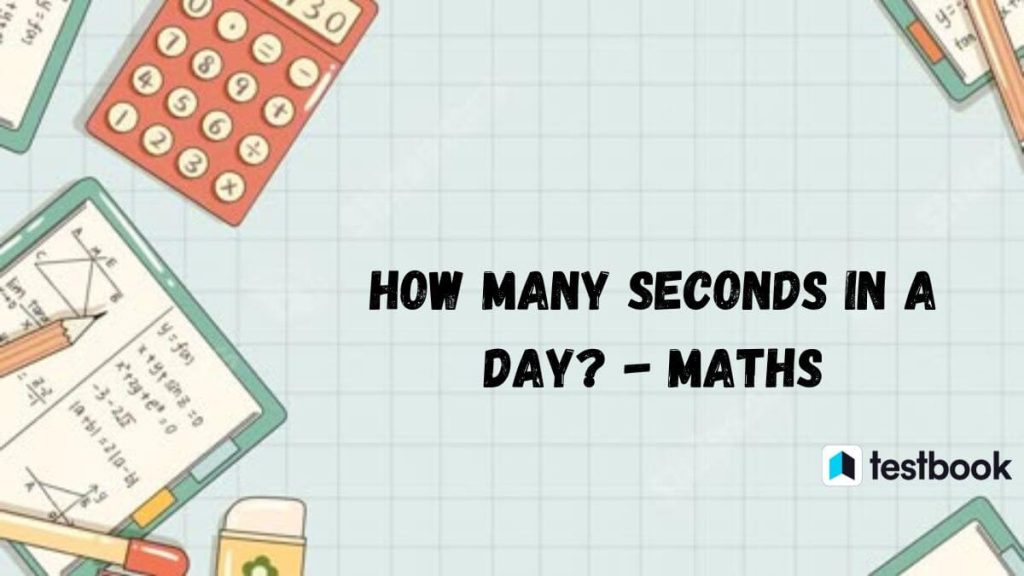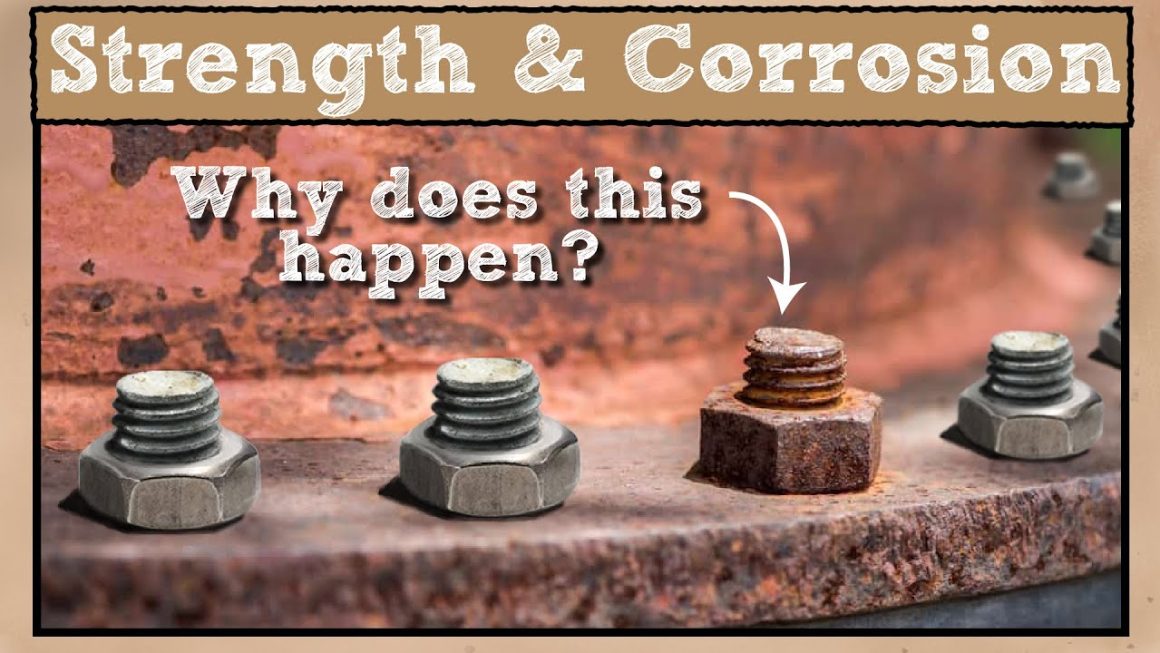It was a cool summer morning in the quiet town of Maplewood. Birds chirped, sunlight danced through the trees, and 11-year-old Sam sat by the window, watching the sun slowly rise. He turned to his mother, who was preparing breakfast, and asked, “Mom, how many seconds in a day?”
His mother smiled, a little surprised. “That’s a good question, Sam. Let’s find out together.”
And just like that, a simple curiosity sparked a journey—one filled with numbers, stories, and a deep understanding of something we all live by but rarely question: time.
Why Time Matters
Time is something we all use, yet few of us ever stop to think about it. It wakes us up in the morning, tells us when to eat, go to school, or sleep. But Sam, with his curious heart, wanted to go deeper. Why was the day 24 hours long? What made an hour 60 minutes, and a minute 60 seconds?
His mother explained, “It all started long ago. People needed to measure the passing of time, so they looked at the sun, the moon, and the stars.”
Together, they began to search online and read books from the library. Sam learned that timekeeping goes back thousands of years, from ancient sundials in Egypt to the invention of mechanical clocks in the Middle Ages.
But the answer to his question was still out there, waiting.
Breaking It Down: How Many Seconds in a Day
After some calculations and a little help from his big sister, Sam discovered the answer:
- 1 minute = 60 seconds
- 1 hour = 60 minutes = 3,600 seconds
- 1 day = 24 hours
So,
24 hours × 60 minutes × 60 seconds = 86,400 seconds
That’s it! There are 86,400 seconds in a day.
Sam was amazed. “Eighty-six thousand four hundred! That’s so many!”
And yet, every person—rich or poor, young or old—gets the exact same number of seconds each day.
So, Sam sat at the kitchen table and repeated aloud, “Now I finally know how many seconds in a day there are. That’s 86,400!”
A Lesson From Grandpa
Later that evening, Sam sat on the porch with his grandfather. He shared the answer with excitement, “Grandpa, did you know there are 86,400 seconds in a day?”
Grandpa chuckled and replied, “That’s right, Sammy. But here’s the real question: What will you do with those seconds?”
Sam blinked. He hadn’t thought of that.
His grandfather continued, “Think of each second as a coin. Some people spend it wisely—learning, helping others, making memories. Others waste it. Time, once gone, never comes back.”
It was a powerful lesson. Sam realized that time wasn’t just about numbers. It was about moments—each second filled with possibility.

Time in Different Cultures
As their journey continued, Sam and his family explored how time is viewed around the world.
In Japan, for example, punctuality is a form of respect. Trains arrive within seconds of their scheduled time.
In parts of Africa, time is flexible. Meetings start when everyone has arrived, not by the clock.
In the West, time is money—used efficiently to maximize productivity.
Sam found this fascinating. Even though the answer to how many seconds in a day never changed, the way people used those seconds could be very different. Sam noticed that no matter the culture or location, everyone had the same 86,400 seconds—because how many seconds in a day never changed.
Fun with Time: What Can You Do in a Second?
Now that Sam knew there were 86,400 seconds in a day, he began to notice just how quickly time passed. He made a list of things that could happen in just one second:
- A hummingbird can flap its wings 70 times
- The Earth moves 30 kilometers in its orbit around the sun
- A camera can capture a moment that lasts forever
- You can blink—yes, that fast
- You can say “I love you” or “I’m sorry”
These little seconds, often ignored, suddenly felt important.
The Bigger Picture
Sam’s journey didn’t stop at just knowing the number. He started tracking his time.
He made a daily chart:
- School: 28,800 seconds (8 hours)
- Sleeping: 28,800 seconds (8 hours)
- Eating and chores: 7,200 seconds (2 hours)
- Playing: 3,600 seconds (1 hour)
- Wasted on nothing? 5,000+ seconds
He was shocked. “I could be reading, building, learning guitar… but I’m just scrolling!”
With his family, they created a challenge: “Let’s use our seconds better.”
No phones during meals, 30 minutes of reading daily, and more time outdoors. It wasn’t about being busy—it was about being present.
A New Habit Begins
Inspired by everything he had learned, Sam started a new habit: writing a short journal entry every night. Just a few sentences about how he spent his seconds that day. Sometimes it was a fun bike ride, other times a mistake he made or a lesson he learned. Over time, those small reflections helped him grow more thoughtful and grateful. He wasn’t just counting seconds anymore—he was filling them with meaning. And in doing so, Sam discovered something powerful: when you pay attention to your time, you begin to shape your life, one second at a time.
From Seconds to Legacy
As Sam continued his journey with time, he realized something even deeper—seconds don’t just shape days; they build legacies. His grandfather once said, “Every great invention, every masterpiece, every act of kindness began with a moment—a single second of courage or curiosity.” That thought stuck with Sam. Whether he was helping a friend, asking a new question, or simply being kind, he began to see how each second was a seed that could grow into something bigger. The more wisely he used his time, the more meaningful his days became.
Final Thoughts
Sam’s simple question, “how many seconds in a day,” led him to understand something much greater than just a number. It taught him:
- Time is equal for everyone
- Seconds are small but powerful
- How you use time shapes your life
- Living in the moment makes every second count
Now, every morning when he wakes up, Sam smiles and whispers to himself, “Today, I have 86,400 chances. Let’s make them count.”

Visit our website for more updates and stories
Conclusion
The keyword “how many seconds in a day” might seem like a dry fact at first glance, but when explored through storytelling, it becomes meaningful. It opens up questions about how we live, think, and connect with the world around us. Through the eyes of a curious boy, we learned not just the answer, but also the value behind it.
So the next time you check the time or feel a second ticking by—remember, you’ve got 86,400 of them. What will you do with yours today?













